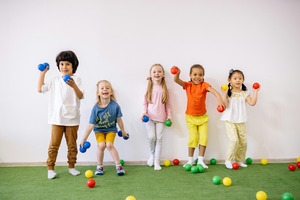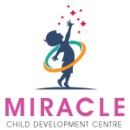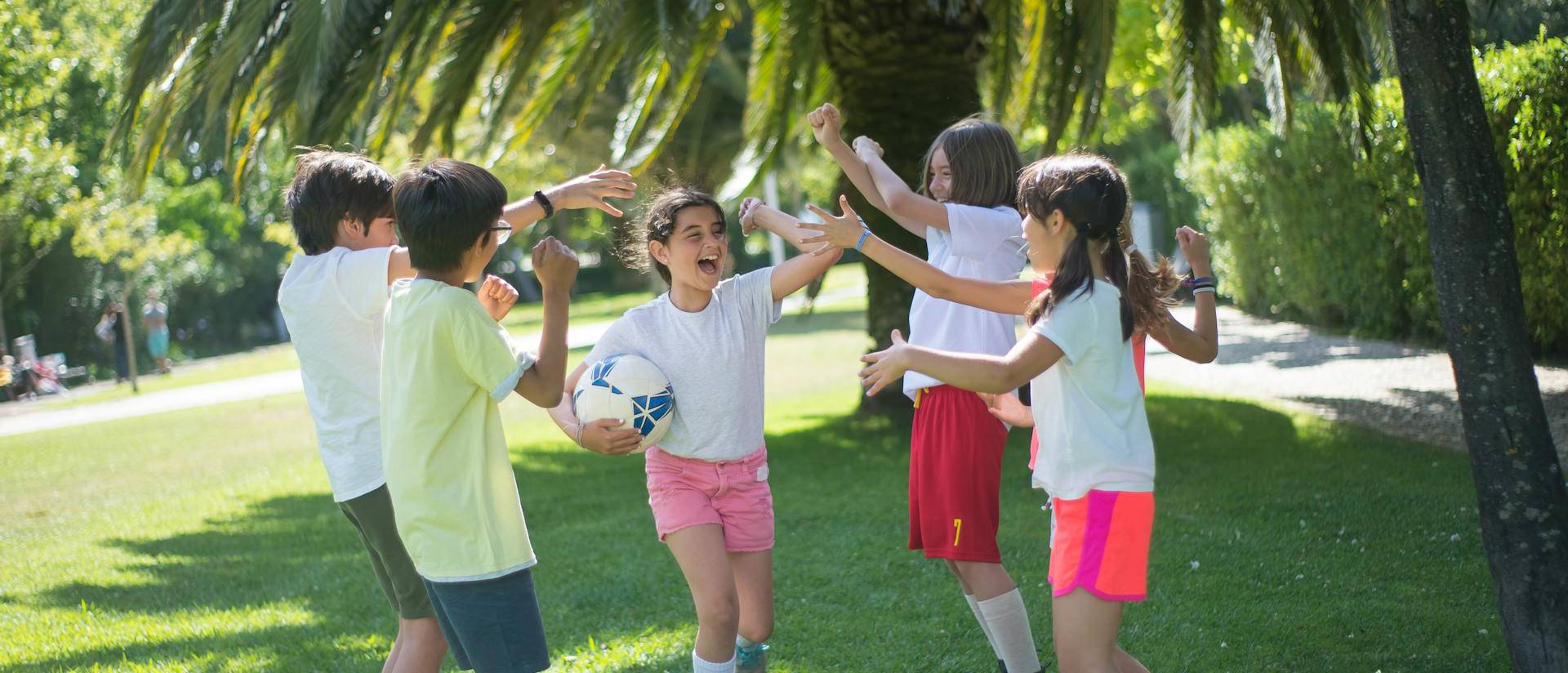Social skills training is a fundamental component of our comprehensive approach to care, focusing on helping children with developmental challenges build essential social and communication skills. These skills are vital for successful social interactions, building relationships, and participating fully in the community.

Many children with developmental delays or autism spectrum disorders may face challenges in understanding and responding to social cues, communicating effectively, and managing emotions in social situations. Social skills training aims to address these challenges and empower children to engage more effectively with their peers, family members, and the broader community.
Our experienced social skills trainers use evidence-based strategies to help children develop and improve their social and communication skills:
Assessment : The process begins with a thorough assessment of the child’s current social skills and areas of challenge. This evaluation helps determine the specific needs and goals of the child.
Individualized Training Plans : Based on the assessment findings, our trainers create individualized social skills training plans. These plans are tailored to the child’s unique challenges and objectives.
Structured Activities : Social skills training involves structured activities and interventions that are designed to address specific areas of need. These activities may include role-playing, social stories, and interactive exercises.
Communication Skills : The training emphasizes the development of effective communication skills, including verbal and non-verbal communication, listening skills, and understanding social cues.
Emotional Regulation : Children are taught techniques to recognize and manage their emotions in social situations, helping them respond appropriately to various social cues and challenges.
Conflict Resolution : Children learn how to navigate conflicts and resolve issues in social interactions, promoting positive and healthy relationships.
Empathy and Perspective-Taking : Training fosters empathy and the ability to take the perspective of others, enhancing a child’s understanding of different points of view.
Social skills training at our center provides a wide range of benefits for children:
- Improved social interactions and communication with peers, family members, and others.
- Enhanced understanding and application of social cues.
- Improved emotional regulation in social situations.
- Development of conflict resolution and problem-solving skills.
- Increased empathy and perspective-taking.
- Greater confidence and comfort in social interactions.
- Improved relationships and increased participation in social activities.
- Family-Centered Approach : We recognize that parents and caregivers play a vital role in a child’s social development. Our social skills trainers actively involve parents, providing guidance and training to ensure that children receive consistent support both at our centre and at home.
- Collaborative Care : Our social skills trainers collaborate closely with other professionals within the center, ensuring a holistic approach to care. This collaborative approach maximizes the effectiveness of our social skills training services. At Miracle Early Intervention Clinic and Child Development Centre, we are dedicated to empowering children to build strong social and communication skills, enhancing their overall quality of life and increasing their participation in social activities. Our Social Skills Training is a pivotal part of our commitment to providing comprehensive care and helping children thrive in social settings.


